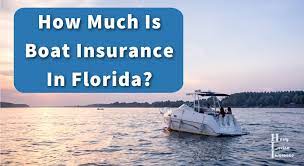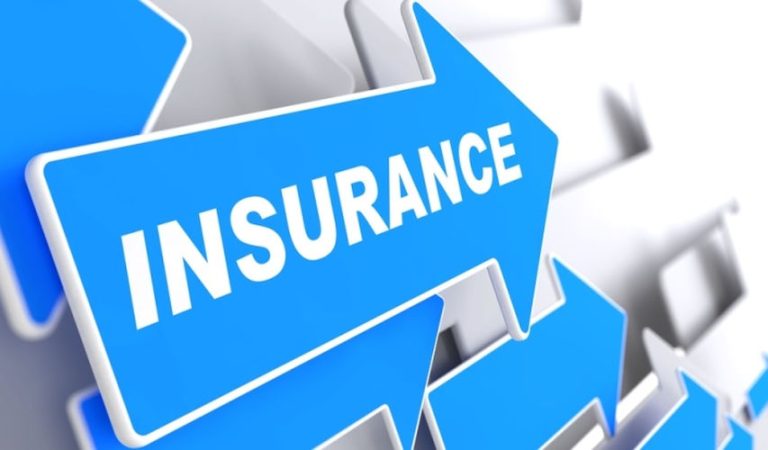
Introduction:
Owning a boat is a thrilling experience that provides a unique sense of freedom and adventure. Whether you’re cruising the open seas or peacefully drifting along a tranquil lake, the joys of boating are unparalleled. However, with great pleasure comes great responsibility, and one of the most critical aspects of responsible boat ownership is securing the right insurance coverage. In this comprehensive guide, we’ll delve into the intricacies of boat insurance rates, helping you navigate the often-choppy waters of finding the right policy for your vessel.
Understanding the Basics:
Boat insurance is designed to protect boat owners from the financial burdens associated with accidents, theft, or damage to their watercraft. Similar to car insurance, boat insurance policies offer a range of coverage options to suit different needs and budgets. The cost of boat insurance, commonly referred to as boat insurance rates, can vary significantly based on several factors.
Factors Influencing Boat Insurance Rates:
- Type of Boat: The type of boat you own is a crucial factor influencing insurance rates. Different types of vessels, such as sailboats, powerboats, yachts, or personal watercraft, may have varying risk profiles. For instance, high-speed boats may pose a higher risk of accidents, affecting insurance premiums.
- Boat Value: The value of your boat is a straightforward determinant of insurance rates. A more expensive vessel will typically have higher insurance premiums, as the insurance company will be liable for a larger payout in the event of a claim.
- Boating History: Your personal boating history plays a significant role in shaping insurance rates. A clean record with no accidents or claims will generally result in lower premiums. On the other hand, a history of accidents or claims may lead to higher rates, as insurers perceive a higher risk.
- Navigation Area: The geographic location where you plan to navigate your boat also impacts insurance rates. For example, boating in areas prone to hurricanes, storms, or high crime rates may result in higher premiums due to increased risks.
- Deductibles and Coverage Limits: Your choice of deductibles and coverage limits directly influences insurance rates. Opting for higher deductibles or lower coverage limits can lower premiums but may leave you with higher out-of-pocket expenses in the event of a claim.
- Safety Measures: Safety features installed on your boat, such as navigation systems, alarms, and fire extinguishers, can positively impact insurance rates. Insurers often reward owners who invest in safety measures that reduce the likelihood of accidents or damage.
- Experience and Training: Your boating experience and any relevant training or certifications can also affect insurance rates. Completing a boating safety course or having significant experience on the water may qualify you for discounts.
Comparing Quotes:
Once you understand the factors influencing boat insurance rates, the next step is to compare quotes from different insurance providers. This process involves obtaining quotes from various insurers and carefully evaluating the coverage, deductibles, and premiums offered. Online comparison tools and insurance brokers can be valuable resources in this stage of the process.
It’s essential to remember that the cheapest option may not always provide the most comprehensive coverage. Striking a balance between affordability and adequate protection is crucial to ensure you’re adequately covered in case of an incident.
Tips for Lowering Boat Insurance Rates:
- Safety First: Implementing safety measures not only enhances your boating experience but also contributes to lower insurance rates. Insurers appreciate owners who prioritize safety, so investing in safety equipment and practices can result in premium discounts.
- Bundle Policies: If you have other insurance policies, such as auto or homeowners insurance, consider bundling them with your boat insurance. Many insurers offer discounts for bundling, providing a cost-effective way to protect multiple aspects of your life.
- Maintain a Clean Record: Just like with auto insurance, a clean boating record can significantly impact your insurance rates. Avoiding accidents and claims demonstrates responsible boat ownership and can lead to lower premiums over time.
- Choose Higher Deductibles Wisely: While opting for higher deductibles can lower your premiums, it’s essential to choose a deductible that aligns with your financial capabilities. Selecting an excessively high deductible may save on premiums but could result in financial strain if a claim arises.
- Regularly Review and Update Coverage: As your boating needs change over time, it’s crucial to review and update your coverage accordingly. For example, if you’ve made significant upgrades to your boat or acquired additional equipment, adjusting your coverage ensures adequate protection.
Conclusion:
Navigating the waters of boat insurance rates requires careful consideration of various factors, ranging from the type of boat to your boating history and safety measures. Understanding how these elements influence premiums is key to making informed decisions when selecting a boat insurance policy. By comparing quotes, implementing safety measures, and adopting strategies to lower rates, you can enjoy the peace of mind that comes with knowing your boating adventures are well-protected. Remember, responsible boat ownership extends beyond the thrill of the open water – it’s also about safeguarding your investment and ensuring a secure journey for years to come.






